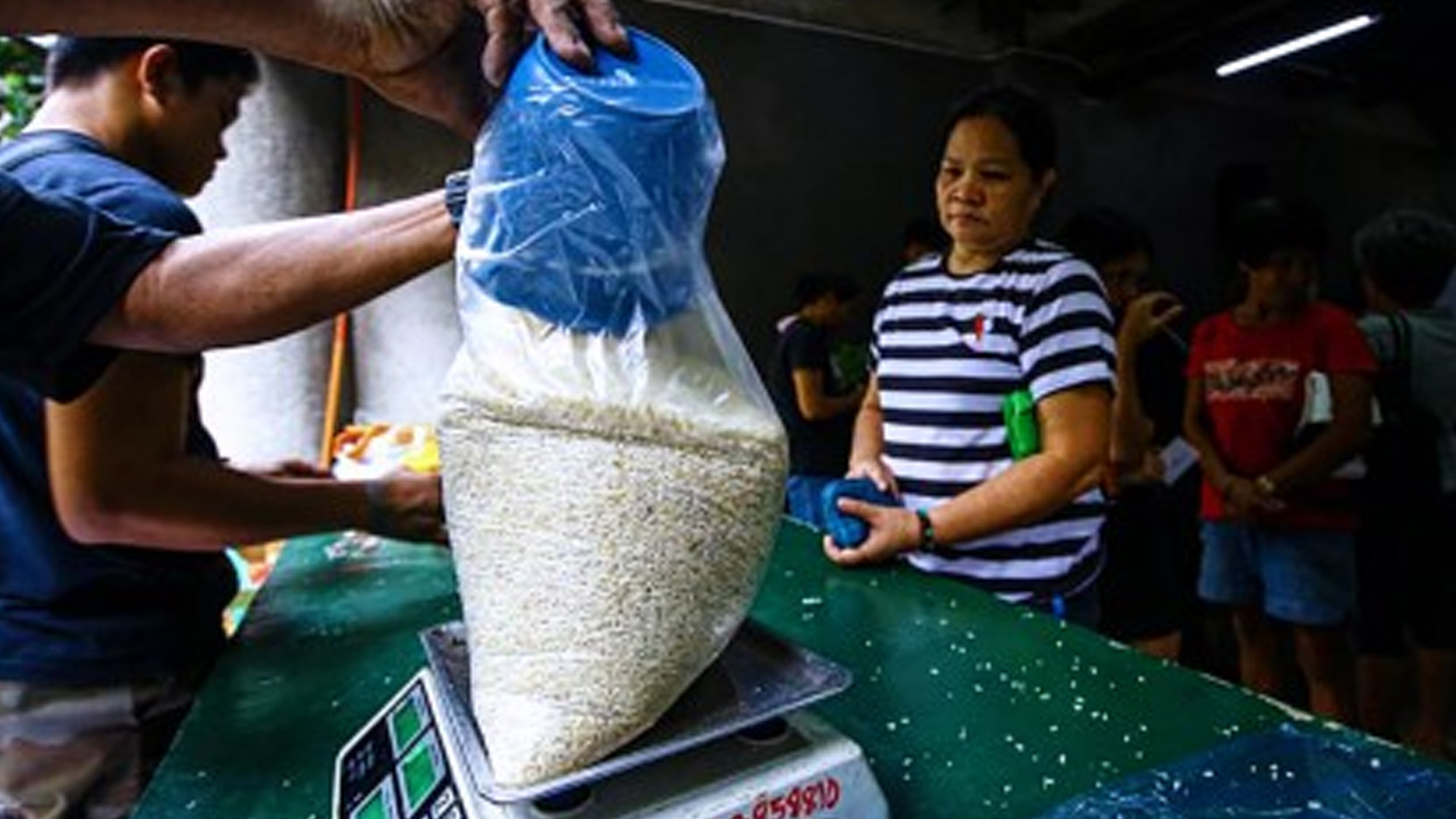The Department of Agriculture (DA) on Friday said it is yet to finalize measures for the launching of the Rice for All program or the sale of cheaper rice for the general public.
The DA made the statement after the Rice for All program’s initial target launch did not push through alongside the P29 program expansion in Malabon, Navotas, and Marikina.
The P29 program covers the members of the Pantawid Pamilyang Pilipino Program (4Ps), senior citizens, solo parents, and persons with disabilities (PWDs) with the sale of PHP29 per kilogram of aging but good rice from the National Food Authority (NFA).
“It’s either this week or next week, but definitely, it will be rolled out the soonest possible time,” DA Assistant Secretary Genevieve-Velicaria Guevarra said in an interview.
“Inaayos lang po natin iyong ating logistics, and iyong mga partners po natin na FCAs (farmer cooperatives association), mga coops po inaayos po natin kasi syempre magsasabay na po with P29 (We are just resolving our logistics, and we are also arranging our partner FCAs, coops, we are preparing because it will go simultaneously with the P29 program),” she added.
Despite the slight delay, Guevarra assured that the DA’s supply for the Rice for All program is ready.
On Thursday, DA Assistant Secretary Arnel de Mesa said the Rice for All, a mixture of imported and local well-milled rice, will be sold at PHP45/kg. to PHP48/kg. in Kadiwa sites where the P29 program is ongoing.
As of Friday, the local well-milled rice in Metro Manila ranges from PHP48/kg. to PHP55/kg. while the imported well-milled rice is set at PHP51/kg. to PHP55/kg., according to DA-Bantay Presyo (price monitoring).
De Mesa has also assured sustainability of both P29 and Rice for All programs, considering the aging stocks and the record-high 3.36 million bags of purchased local palay of NFA, alongside the incoming 121,000 metric tons of palay harvest from the National Irrigation Administration (NIA).
The P29 program is currently available in the Bureau of Animal Industry Dome and National Irrigation Administration in Quezon City; the Bureau of Plant Industry in Malate, Manila; Food Terminal Inc. in Taguig City; Philippine Fiber Industry Development Authority in Las Piñas; Bayani Fernando Central Terminal or BFCT and Barangay Fortune in Marikina; and sites in Caloocan, Valenzuela, and San Jose del Monte, Bulacan. (PNA)





